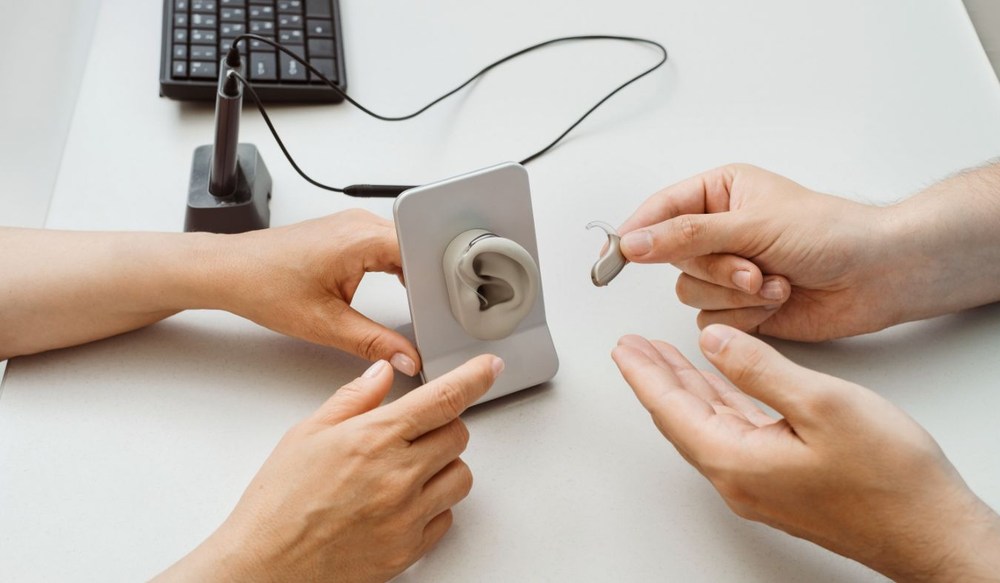Do I Need a Hearing Test? Screening Guidelines After 40
Most people don’t think about their hearing until they have to ask


Most people don’t think about their hearing until they have to ask

Hearing aid design directly affects whether people actually use them. If a

Many people expect hearing aids to provide clear hearing in every